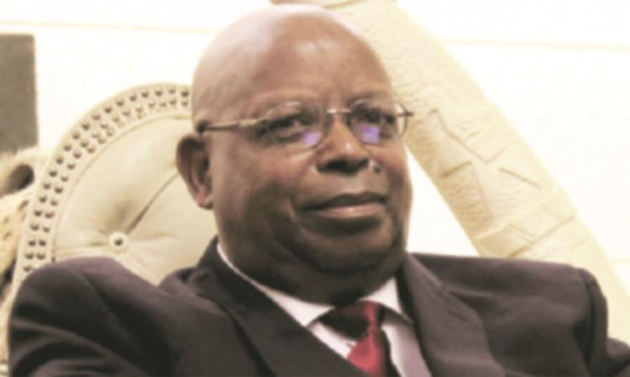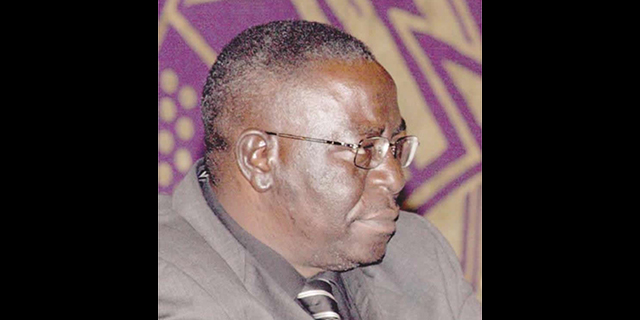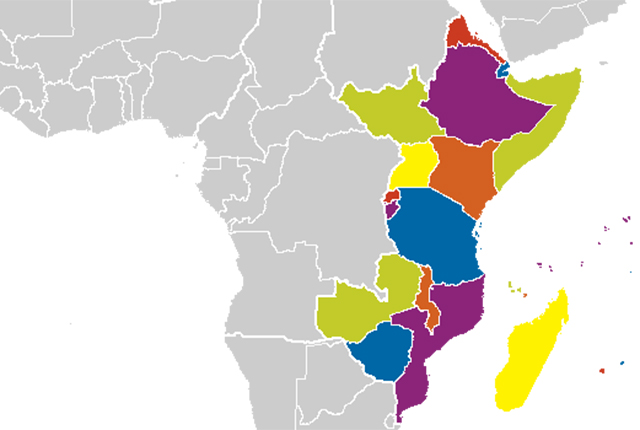ZACC seeks more powers

Zvamaida Murwira : Senior Reporter
The Zimbabwe Anti-Corruption Commission (ZACC) says it wants prosecutorial powers as part of efforts to effectively fight corruption in the country. ZACC spokesperson Ms Phyllis Chikundura said there was need to strengthen the law and enhance their arresting powers so that they effectively discharge their role of fighting the corruption scourge.Ms Chikundura said this while responding to concerns raised by several stakeholders on ZACC operations during a workshop organised by Transparency International Zimbabwe last week.
“Our mandate is to investigate and take people to court. We want independent arresting powers because at the moment, our arrest is done in conjunction with the police. We also want prosecutorial powers. We are advocating for special courts to enable us to do our own prosecution,” said Ms Chikundura.
Ms Chikundura also said they had encountered interference from some “high offices” during investigation of cases but did not name the offices concerned.
She bemoaned lack of funding saying that had hampered efforts by ZACC to fight corruption.
“A small office can accommodate five to six officers. We are centralised in Harare. We have a staff complement of about 50 people that has to cover the whole of Zimbabwe. Sometimes we fail to travel to other areas like Mutare because we do not have enough vehicles,” said Ms Chikundura.
“We have failed to carry out a baseline survey to find out solutions to curb corruption. All this is because we are under-resourced,” she said.
Delegates had castigated ZACC saying it had not asserted its authority by effectively investigating corruption particularly high-profile cases.
Addressing the same gathering, Speaker of the National Assembly Advocate Jacob Mudenda said people were free to sue Parliament if they were of the view that the legislative assembly had not effectively represented them or dealt with a petition they would have submitted.

Adv Mudenda
“The new Constitution allows citizens to take anyone or institution including Parliament to court if they are not happy,” said Adv Mudenda.
He rapped civil society for failing to submit petitions to Parliament on issues that affected people such as corruption.
University of Zimbabwe law lecturer Professor Lovemore Madhuku said the law alone was not enough to curb corruption but should complement other instruments and efforts.
“Corruption is not just fought using the law. The law should be used alongside other players like political will or cultivating a culture that abhors the vice. The law has never been an adequate mechanism,” said Prof Madhuku.










Comments